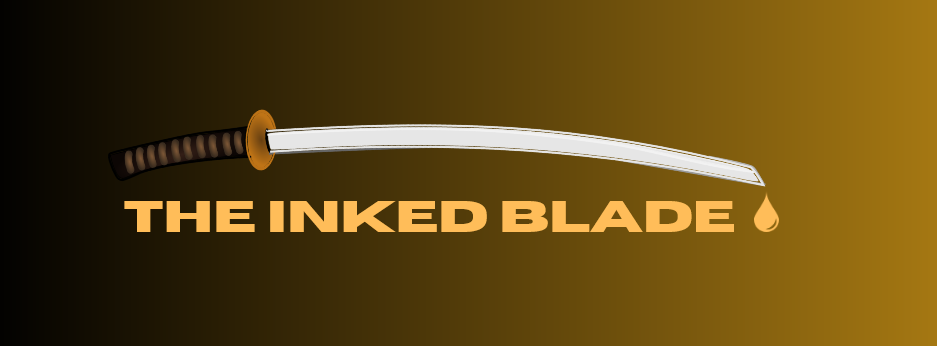One of the ways to catch an agent’s eye is to publish short stories in online and/or offline magazines or even on your own website. More than just a few writers have started out that way. And there are plenty of writers, especially in the more literary corners of the Fantasy realm – you know, where the awards are handed out – who seamlessly switch between short stories and novels. I thoroughly admire their ease in adapting to the needs of either form. Even Brandon Sanderson, the overlord of the 1,200-page book realm, writes the occasional short fiction. How do they do it? I wish I knew.
On the surface of it, short stories should be a good medium for me. After all, having to make sure that every single word (and even that comma) pulls its weight is a great way to flex your linguistic muscles. And what is writing, if not language at its best?
Also, I’ve never been the world’s most ardent plotter. Plot is important, of course, and for many readers it’s all-important. Just look at the success of the Lee Child’s Jack Reacher novels, or Dan Brown’s Da Vinci Code. They’re all about plot. But since coming up with intricate and intertwining plot lines is not my strong suit, writing short stories should be a good fit. One main story arc, maybe a small subplot, a surprising and/or emotionally satisfying ending, and you’re done. Trouble is, plot’s not the main point that attracts me to a story, whether as a reader or a writer.
For me, it’s all about the characters and the world(s) they navigate. Short stories set in “the real world” obviously have an advantage, since you can infer much from a telling detail. In short Fantasy or Science Fiction, though, the world-building has to – of necessity – remain closer to the surface. Think sketch instead of photorealistic painting.
I was one of those annoyingly curious kids who kept asking questions. Come to think of, I still do (yeah, so I’m still annoying). By the same token, I want to know how story worlds work. I want them coherent and detailed and realistic. Economics, social dynamics, demography, ecosystems, political systems, religions, fighting arts – it’s all part and parcel of what makes a world vibrant to me. It’s what lets me suspend disbelief. Sure, worldbuilding done for its own sake can quickly turn into a lecture. But if the world is filtered through the experience of the characters moving through this – their – world, it becomes real. Immersive. The best short stories achieve this, but the fractal level of detail is missing.
In character development, the same space constraints come to bear. Even though I deeply admire writers who can pack an entire character study into one well-chosen detail, there just isn’t enough room to explore a character’s, well, character in its full contradictory glory. And that’s exactly what I love to do. As a reader as well as a writer, I enjoy spending time with intriguing, fully realized characters. Letting them go after a measly 10,000 words is just too much of a let-down.
Still, I can’t fail to think that writing short stories might not only up my chances of getting an agent interested; more importantly, it would help me expand my skill set as a writer. Kind of like practicing scales on the page. So I’ve tried my hand at short stories in the past, but whenever I did, the story either fizzled out and died an ignominious death, or it turned into a series of vignettes that got me intrigued, and then the vignettes somehow developed a plot, and morphed into a novel. It took me a while, but I finally figured out what my problem is: Once I start writing, I just can’t shut up.

